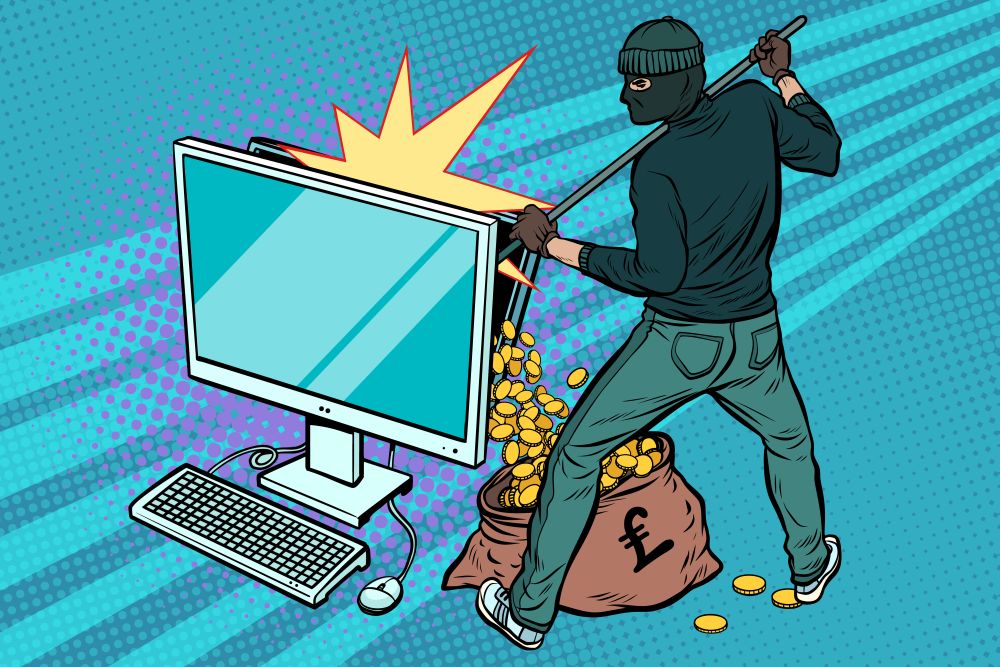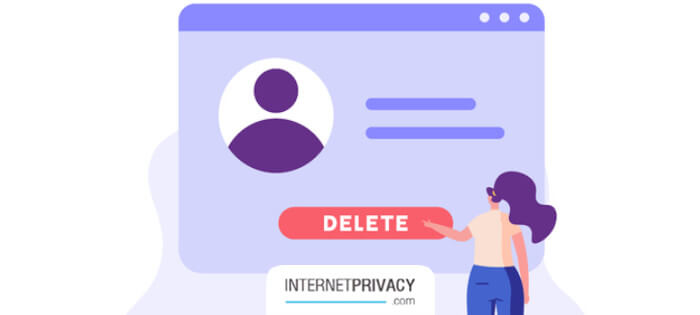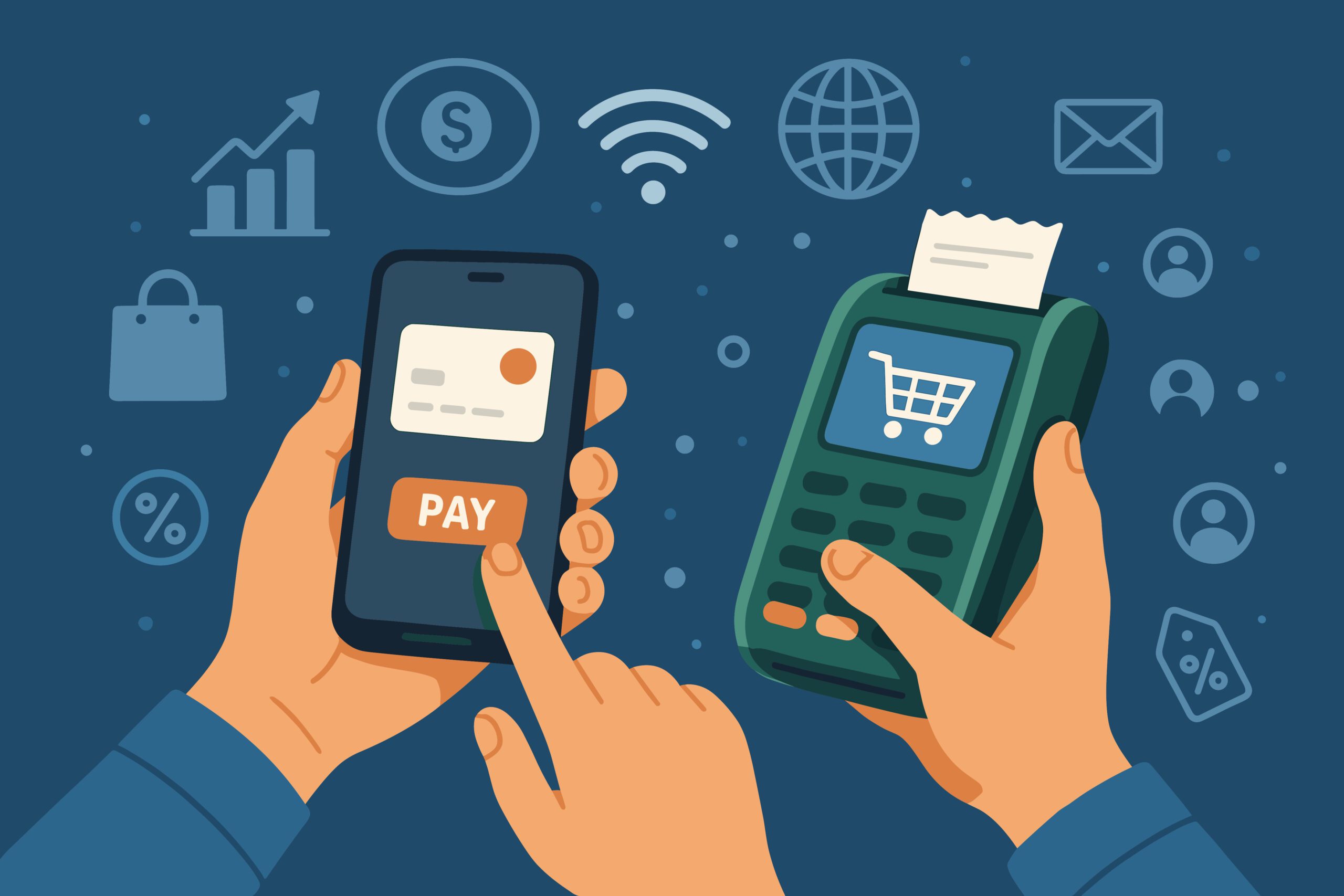What Defines Internet Safety?: The Do’s And Don’ts Of Surfing Online

Can You Define Internet Safety?
Everything and everyone is online nowadays, and probably so are you. But have you ever wondered what it takes to be safe on the internet?
When asking people to define internet safety, you’ll be surprised to discover that a great majority of internet users lack the basic notions of online privacy and safety.
If you are among those looking to discover “What is Internet safety and why is it important” or “What is good Internet safety”, this post is for you! Join us today as we explain what e-safety is and why it’s more important now than ever.
For most of us, the internet is an essential part of everyday life. We browse websites in search of information, chat with our friends, read the news, follow influencers on social media, or shop online. In fact, nowadays many users depend on online platforms for everything from working from home to selling property. And everything in between.
It’s clear to everyone by now that, considering the speed the digital world evolves with, soon no aspect of human life will remain untouched. But beyond the endless stream of information the online world offers, there are many dangers you might not be aware of.
Apart from opportunities, online access also comes with security concerns, inappropriate content, identity theft, cyberbullying, and online predators. So what defines internet safety, and how can we experience all the advantages of using it and none of the risks?
Internet Safety Do’s And Don’ts
Everyone talks about internet safety. But, if trying to define it, not too many people can tell what this “safety” really means.
According to Wikipedia, “Internet safety or online safety or cyber safety or E-Safety is the act of maximizing a user’s awareness of personal safety and security risks to private information and property associated with using the internet and the self-protection from computer crime”.
In a nutshell, there are certain do’s and don’ts everyone should be aware of to get safe online.
The Big Do’s Of Online Safety
Keep Personal Information Limited
Oversharing is one of our society’s biggest problems. People today share too much personal information with the general public, both on social media and on their own sites. In fact, most social platforms encourage us to share private details about our lives like home addresses, pictures with kids, or our email address.
Don’t let the need for attention or the desire to fit in make you hand out private data to millions of people online.
Not only can oversharing turn you into a target for internet scams, but it can also lead to depression, low self-esteem, and jealousy. Before posting that next picture or update about how well you are doing or how fabulous your life is, just pause for a second. Your short-lived moments of “celebrity” might cause someone else to be insecure about their own life.
Keep An Eye On Privacy Settings
What could define internet safety in one single word? Probably “privacy”.
The more private we are about what we do when online, the fewer chances we have to draw unwanted attention from marketers and hackers. Both of them love to know everything about you and might use this information to either sell or steal from you. Either way, you end up losing.
Choose Strong Passwords
Your birthday or cat’s name might be the first things coming to mind when looking for a convenient, easy-to-remember password. But these simple passwords are also easy for cyberthieves to guess. In fact, passwords are one of the biggest weak spots when it comes to the internet safety definition, and there’s currently no way around them.
A password provides the first line of defense against unauthorized access to your computer. The stronger it is, the more protected your computer will be from hackers and malicious software.
If you are afraid you won’t be able to remember your password once it’s more complex, try using a password manager software. These apps can help you manage and store all your passwords, so you don’t risk losing them.
What Should You Not Do On The Internet?
Don’t Download Everything You See
Wondering what are the biggest don’ts that define internet safety? Downloading many apps is amongst the first ones we can put our fingers on.
With such a big number of apps and programs appearing all the time, it might be quite tempting to download as many as possible. But that’s exactly what hackers are expecting us to do.
Many apps, games, or attachments most individuals download without giving a second thought are also malware carriers. A malware infection can cause several problems in a computer. Plus, hackers use it to steal your passwords and credit card information, delete files or render computers inoperable.
Be Wary Of Who You Meet Online
Remote jobs and online dating are the norm today. Surprised? For sure not!
The internet offers us a myriad of opportunities to meet a new love interest or find a job. But here’s where the problem starts when looking to define internet safety: many individuals you meet online are not always who they seem or claim to be.
Sometimes, they may not even be real. Sexual predators, catfishing, or trolls are all realities of the online world and should be taken into consideration by any internet user.
Always exercise caution when interacting with people you meet online. Avoid revealing too much information about yourself before being absolutely certain of who you are talking to.
Don’t Let Your Antivirus Protection Expire
Expiration date isn’t only important for the foods we eat or the medicine we take. It’s also essential when it comes to the antivirus software we use on our computers.
Wondering why your antivirus protection should be up to date? Simply because, although an internet security software cannot protect against every threat, it can remove most malware. That’s, of course, as long as you invest in a reputable one and keep it up to date.
The Future Of Online Safety
With technology developments only growing, so are the problems our generation is already facing.
At the moment one thing is certain though. The future of our internet privacy and safety is still uncertain. It depends mostly on how well we manage to define and monitor what is safe to do and what isn’t when surfing the web. And while some still underestimate the power of the internet and technology, we must begin to understand the safety measures behind it and how we can leverage them.
We hope you found our blog not only interesting but also useful! For more goods read on this topic, head to:






